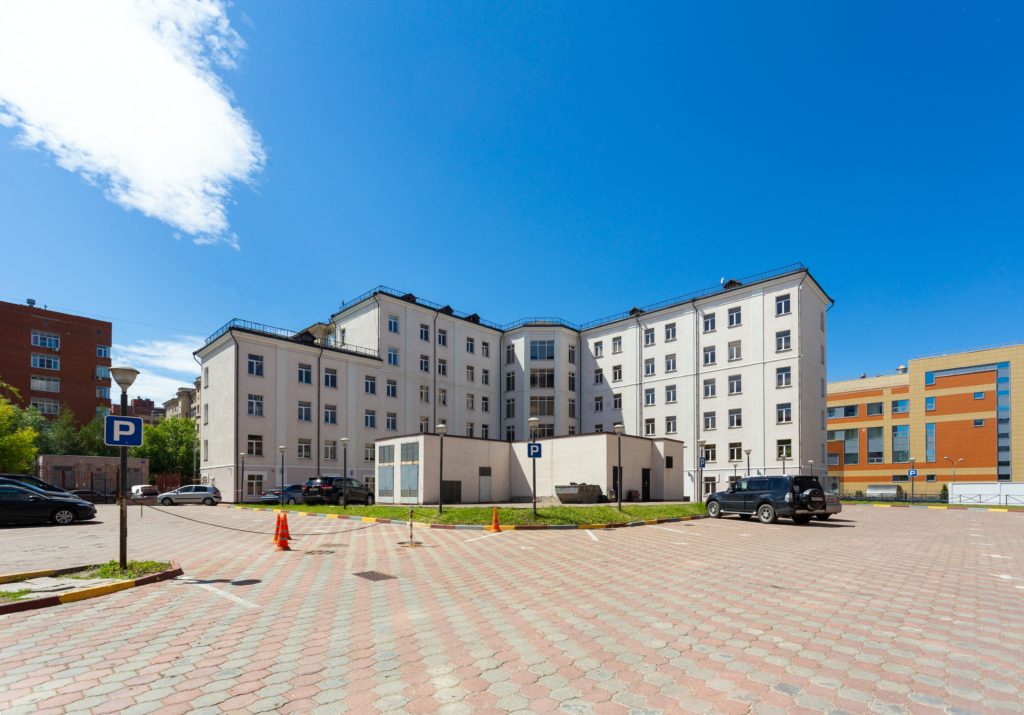
Published — June 1, 2022
The following post does not create a lawyer-client relationship between Alburo Alburo and Associates Law Offices (or any of its lawyers) and the reader. It is still best for you to engage the services of your own lawyer to address your legal concerns, if any.
Also, the matters contained in the following were written in accordance with the law, rules, and jurisprudence prevailing at the time of writing and posting, and do not include any future developments on the subject matter under discussion.
Upon being knowledgeable if common areas can be altered, you may also read: RIGHTS OF A CONDOMINIUM UNIT OWNER
-
Common areas are co-owned by the registered owners of condominium units
-
Common areas may be altered with the approval of the registered owners
-
Common areas may not be mortgaged
Millennial or not, we may want to live or invest in a condominium unit.
The first thing we should understand about owning a condominium unit is that an owner has right of absolute ownership over his unit. Another, is that he is a co-owner of the land and common areas of the condominium project.
Furthermore, the case of Concorde Condominium, Inc., vs. Philippine National Bank, PNB-International Finance Limited, and New PPI Corporation, G.R. NO. 228354, November 26, 2018 would tell us that an owner or developer of a condominium project cannot amend the provisions of the Master Deed without the required consent of the unit owners.
The Master Deed or enabling refers a document containing descriptions regarding the condominium project where it provides details and specifications on common areas among others.
Let us see the facts of the above-mentioned case:
Pulp and Paper, Inc. (PPI) is the owner/developer of a residential project known as the Concorde Condominium Corporation (Concorde). On November 4, 1974, PPI executed a Master Deed with Declaration of Restrictions for the said project.
The Master Deed provided for the common areas among others. The basement of the Concorde is used for parking purposes. Directly at the rear portion of the building is an uncovered parking area. The uncovered parking area which is being used by the unit owners is a common area as reflected in the Master Deed.
In line with the Master Deed, the Concorde Condominium, Inc. (CCI) was organized to own and manage the common areas. However, despite completion of the condominium project and incorporation of CCI, the titles to the two parcels of land, where the condominium building stands and all the common areas have not been transferred to CCI. It turned out that PPI, without CCI’s knowledge and consent, consolidated and later subdivided the two parcels of land, thus, segregating the uncovered parking area from the condominium building lot.
For the second time, without CCI’s knowledge and consent, PPI later applied for the alteration of Concorde Condominium Project’s approved plan. The plan excluded the uncovered parking area from the list of common areas of the condominium project and its Master Deed. The amendment of the Master Deed was granted by the Housing and Land Use Regulatory Board (HLURB). Eventually, a new title was issued for the uncovered parking area.
Using the title of the uncovered parking area, PPI was able to secure a Real Estate Mortgage over the said property in favor of Philippine National Bank-International Finance Limited (PNB-IFL) for a certain amount. Subsequently, PPI was not able to pay its obligation which resulted to the foreclosure of the mortgage. As a consequence, the uncovered parking lot was sold at a public auction and a certificate of sale was issued to PNB-IFL.
CCI filed a complaint against PPI, PNB-IFL, and the Register of Deeds of Makati for annulment of title for the uncovered parking area, mortgage and reconveyance.
The question is “Is the act of PPI in amending the master deed which altered the uncovered parking lot valid?”
The law says:
No.
The Master Deed may be amended upon registration of an instrument executed by a simple majority of the registered owners of the property. There must be prior notifications to all the registered owners. When the simple majority of the registered owners agree to such amendment, a Board Resolution reflecting such agreement shall be submitted to the HLURB and the city or municipal engineer for approval.
In this case, it is clear that the uncovered parking lot forms part of the common areas as reflected in the original Master Deed. The uncovered parking lot, being a common area, is owned and managed by CCI. By excluding the uncovered parking area of the condominium project from the common areas, PPI has deprived CCI of ownership over it.
CCI had proven that not all unit owners were given prior or appropriate notices of the proposal to amend the Master Deed. Furthermore, there was no approval by majority of the registered owners on the amendment. PPI have not submitted any CCI board resolution showing the approval of the simple majority of the registered owners on the proposed amendment.
Hence, PPI failed to comply with the requirement of the law. It’s act of unilateral amendment of the Master Deed is not valid. The segregation of the uncovered parking area contravenes the provision of the Master Deed.
Also, PPI’s subsequent act of mortgaging the uncovered parking lot without the prior approval of the HLURB is prohibited by law.
Alburo Alburo and Associates Law Offices specializes in business law and labor law consulting. For inquiries, you may reach us at info@alburolaw.com, or dial us at (02)7745-4391/0917-5772207.
All rights reserved.
SUBSCRIBE NOW FOR MORE LEGAL UPDATES!
[email-subscribers-form id=”4″]


